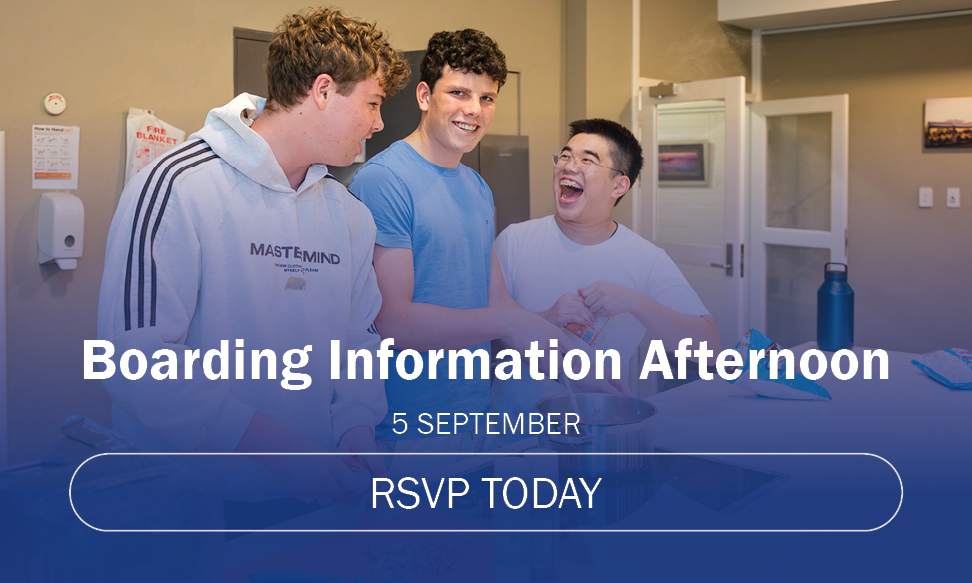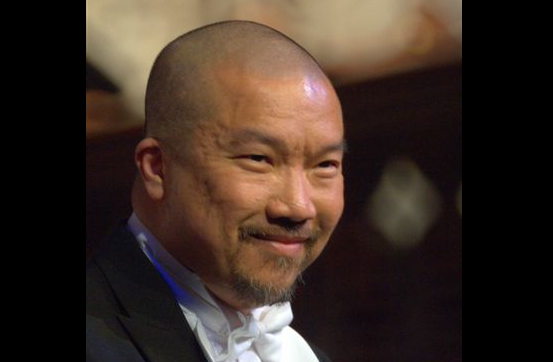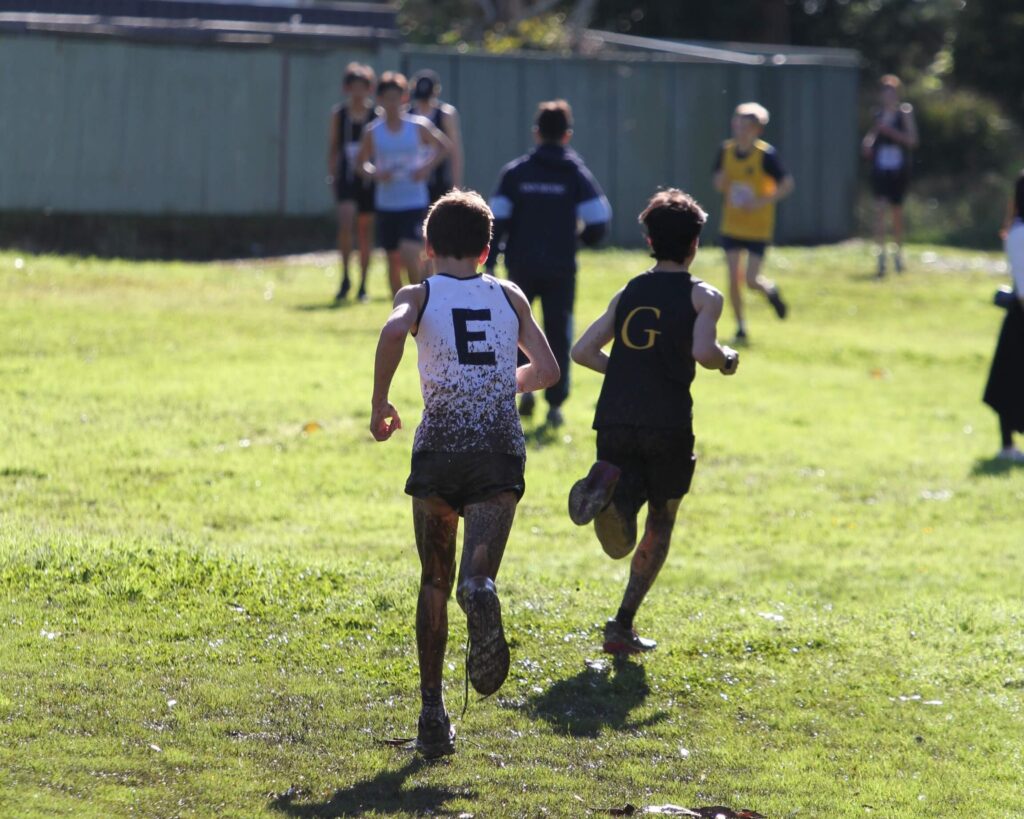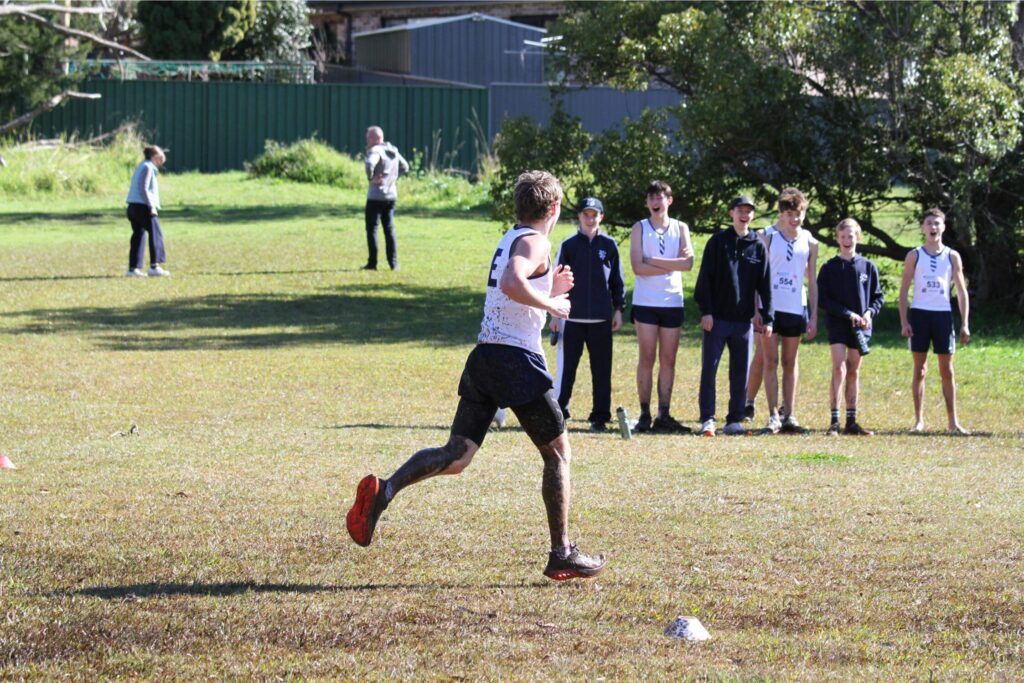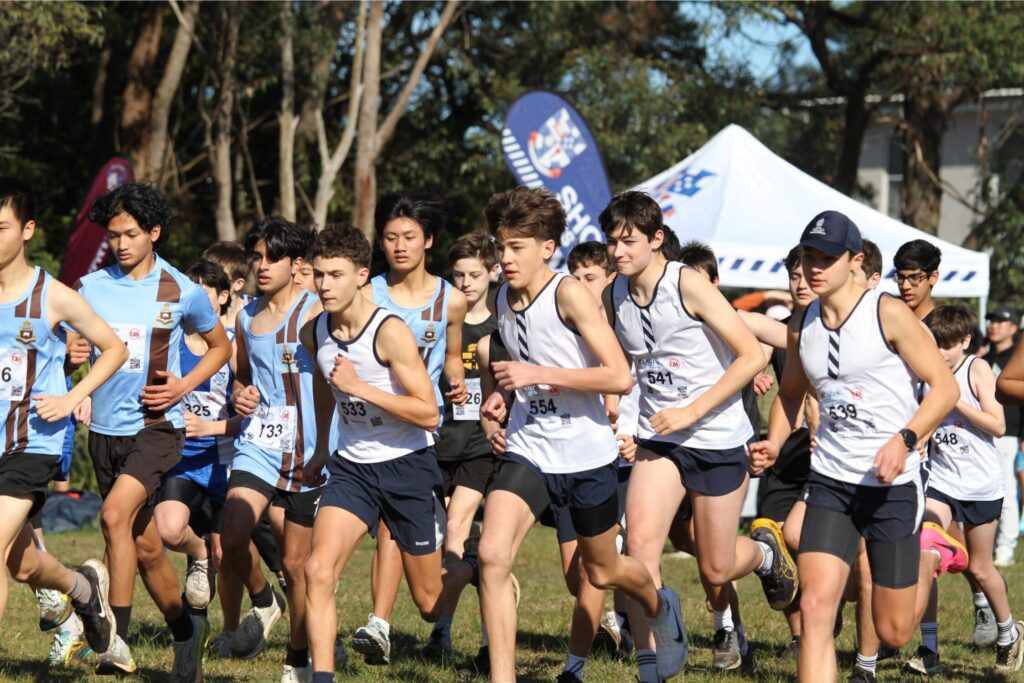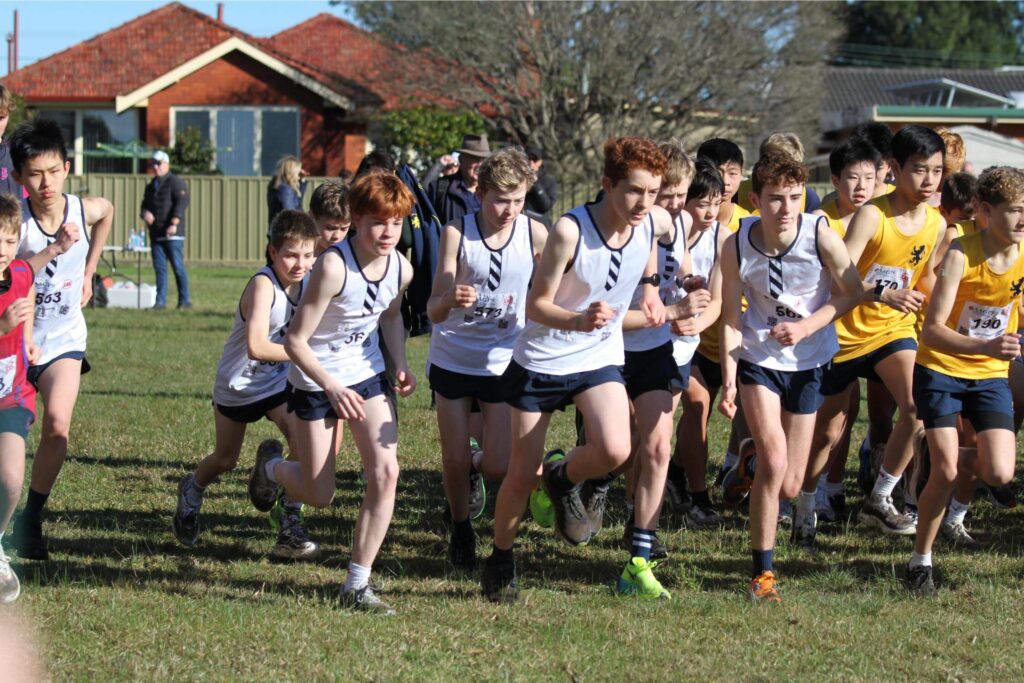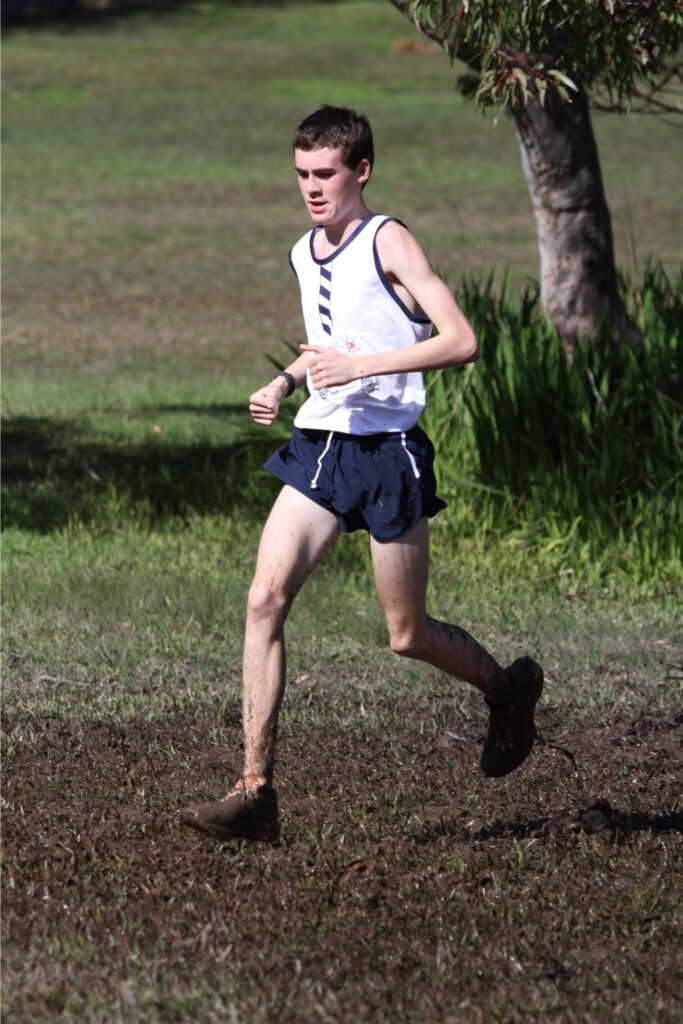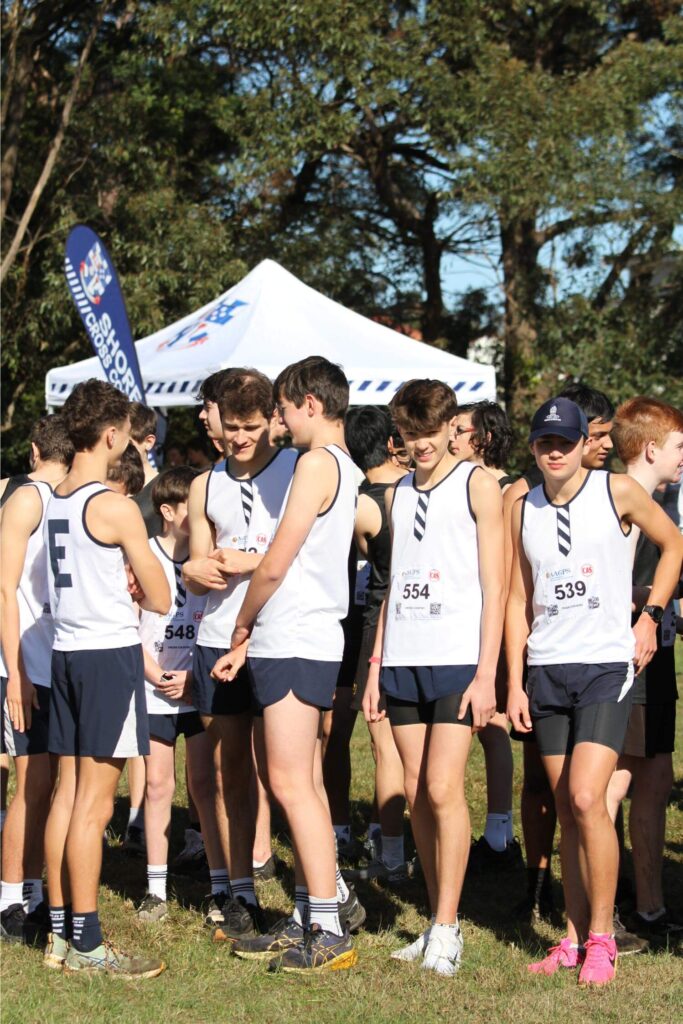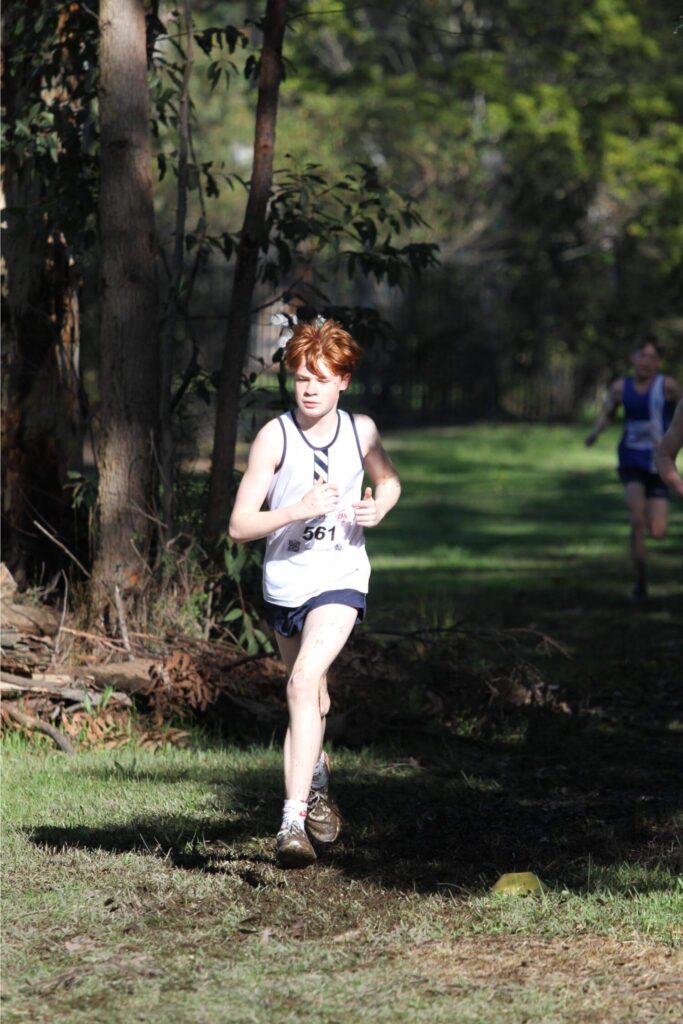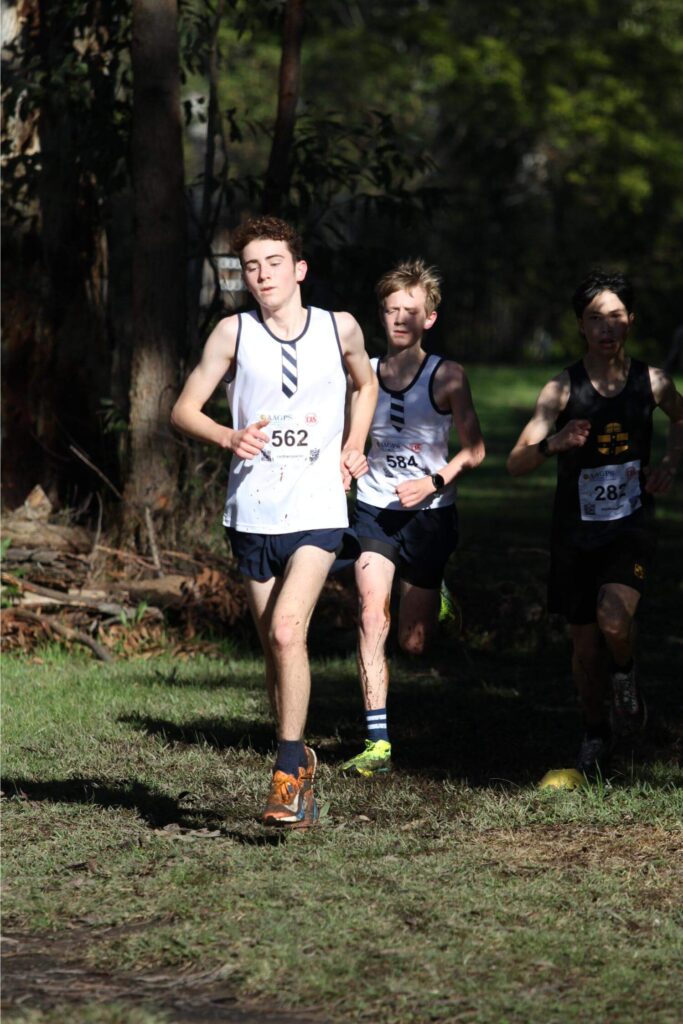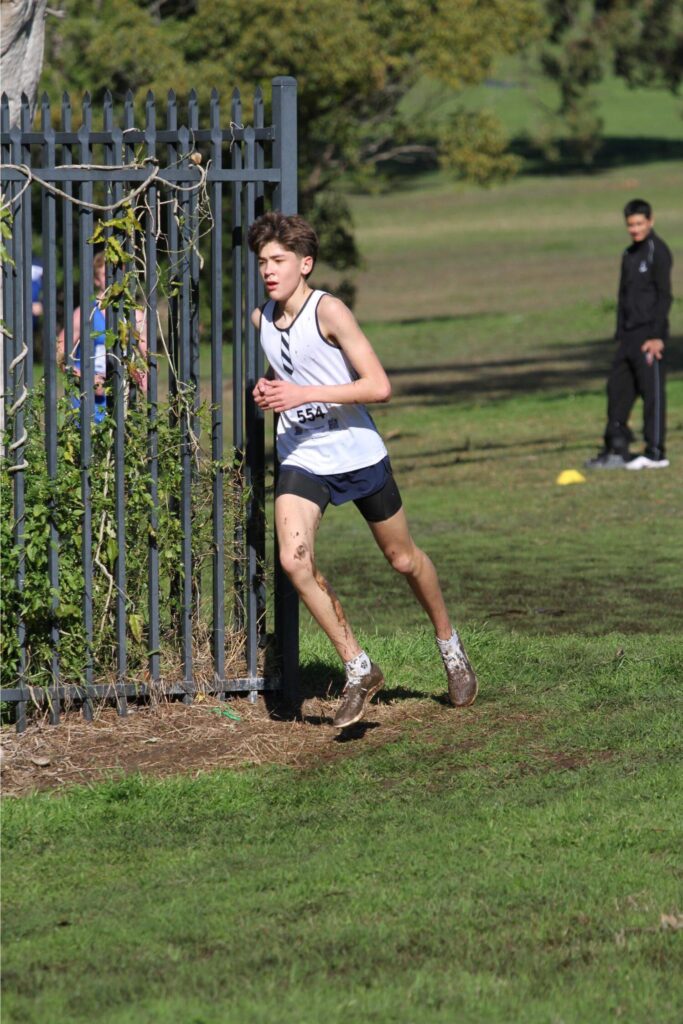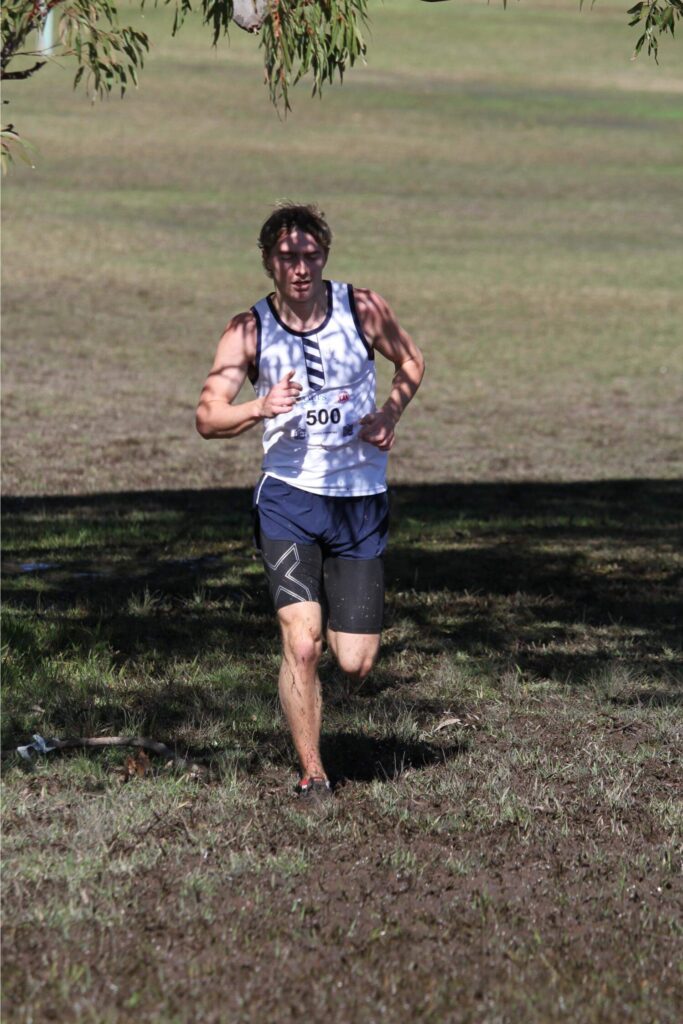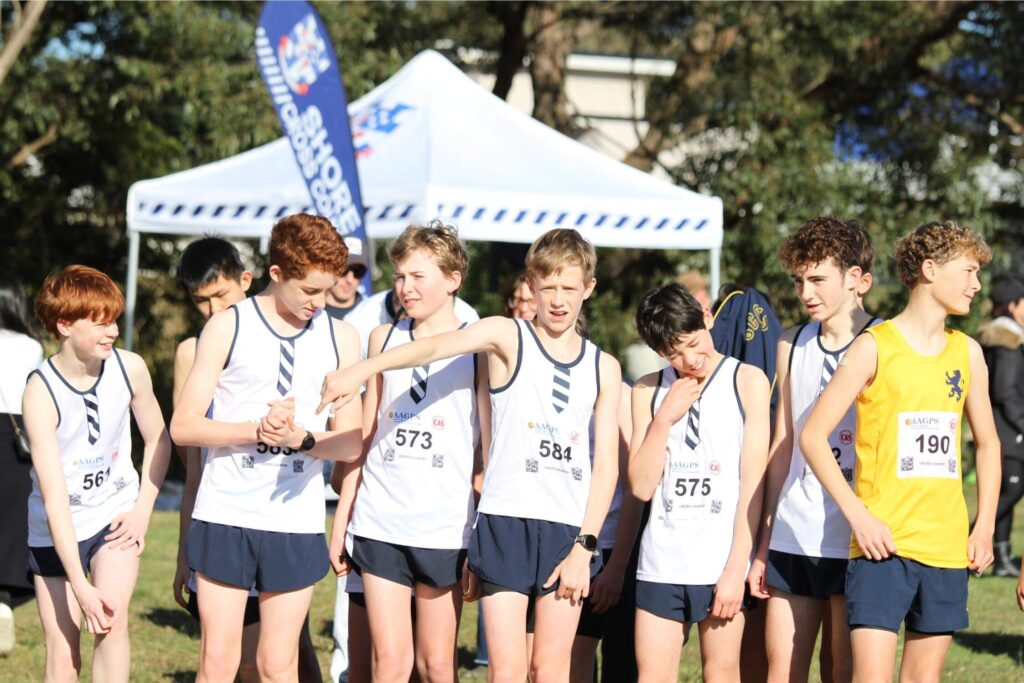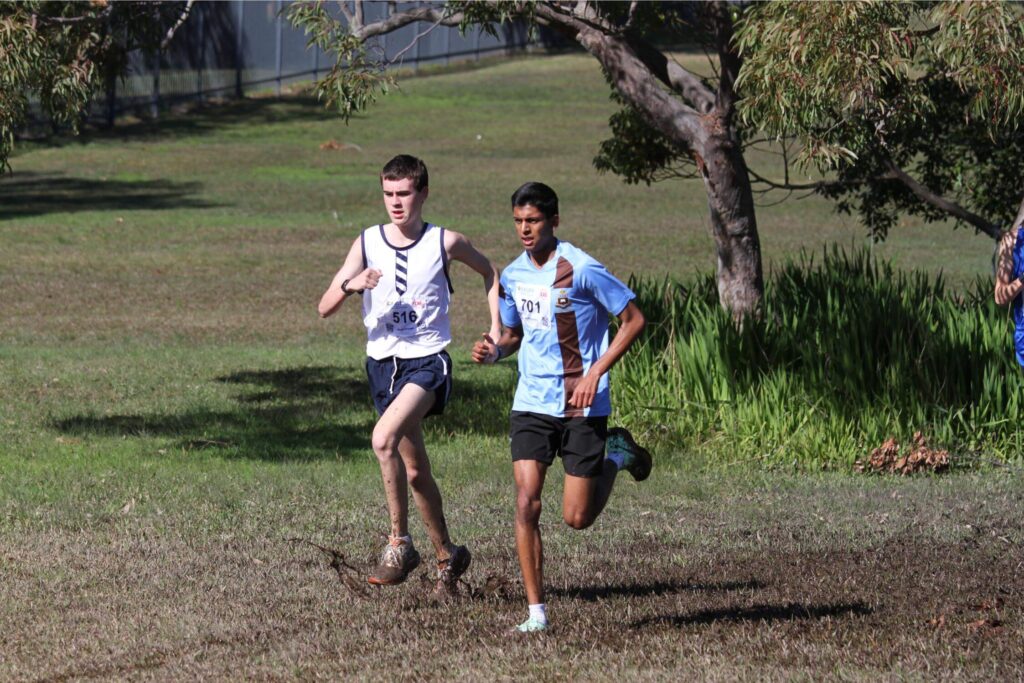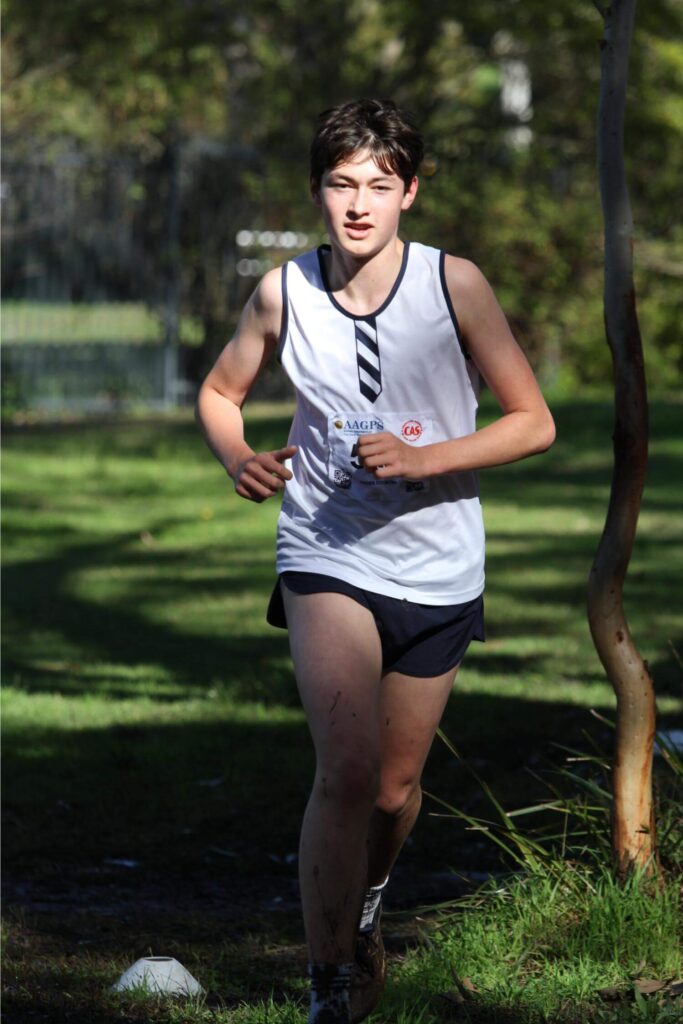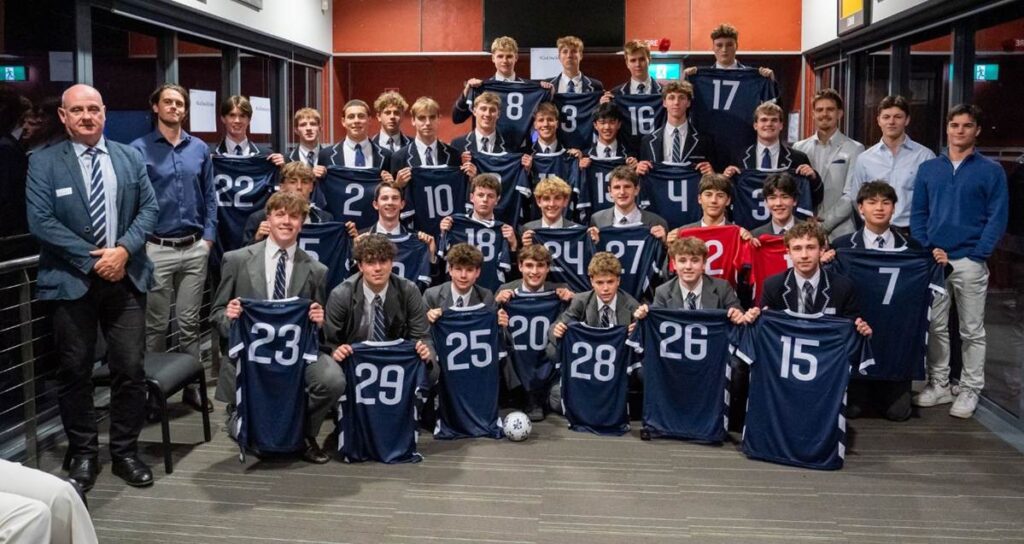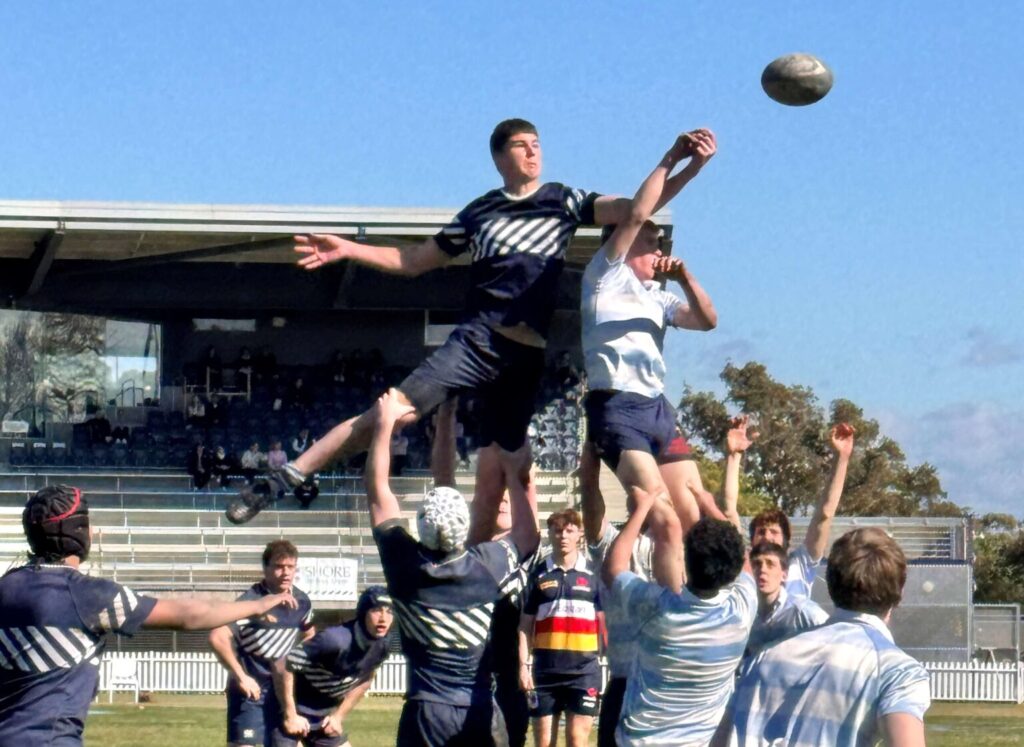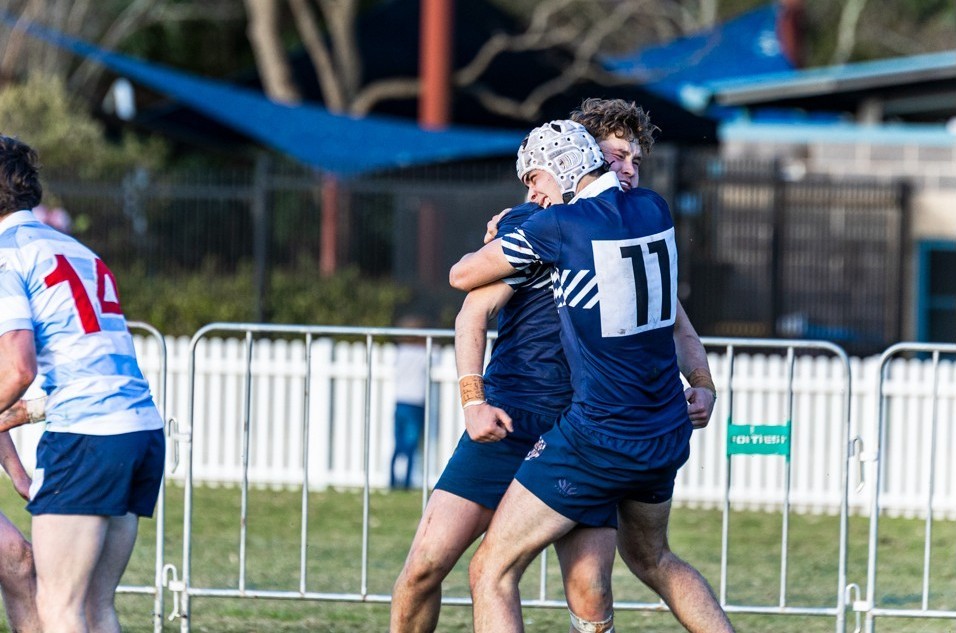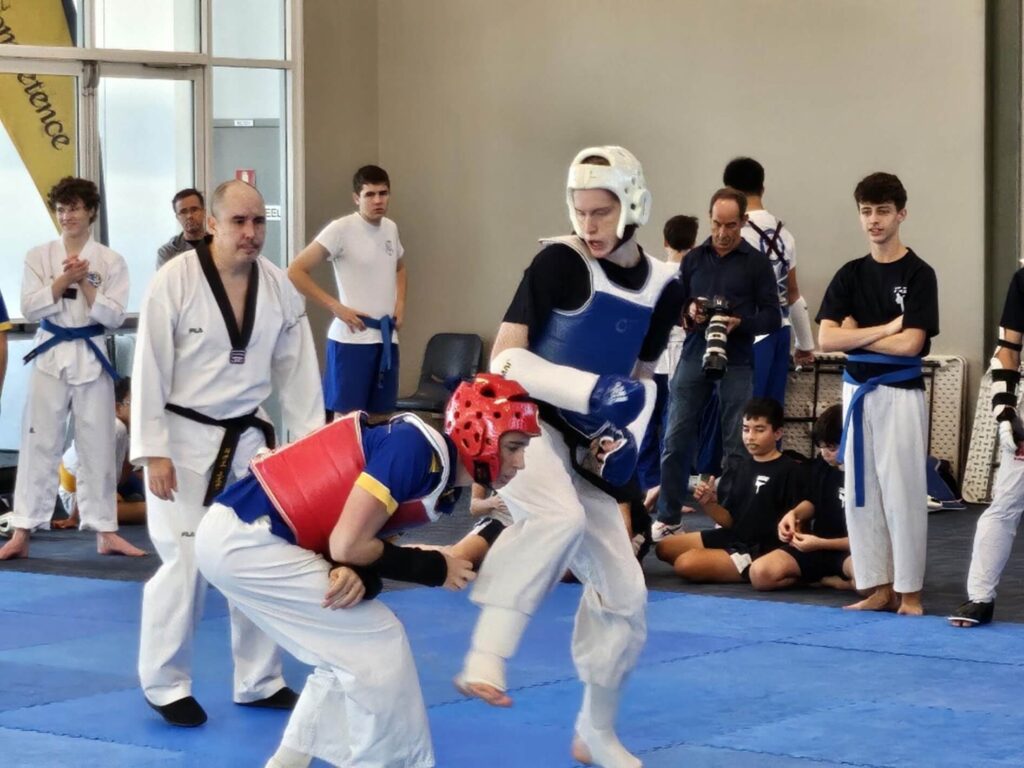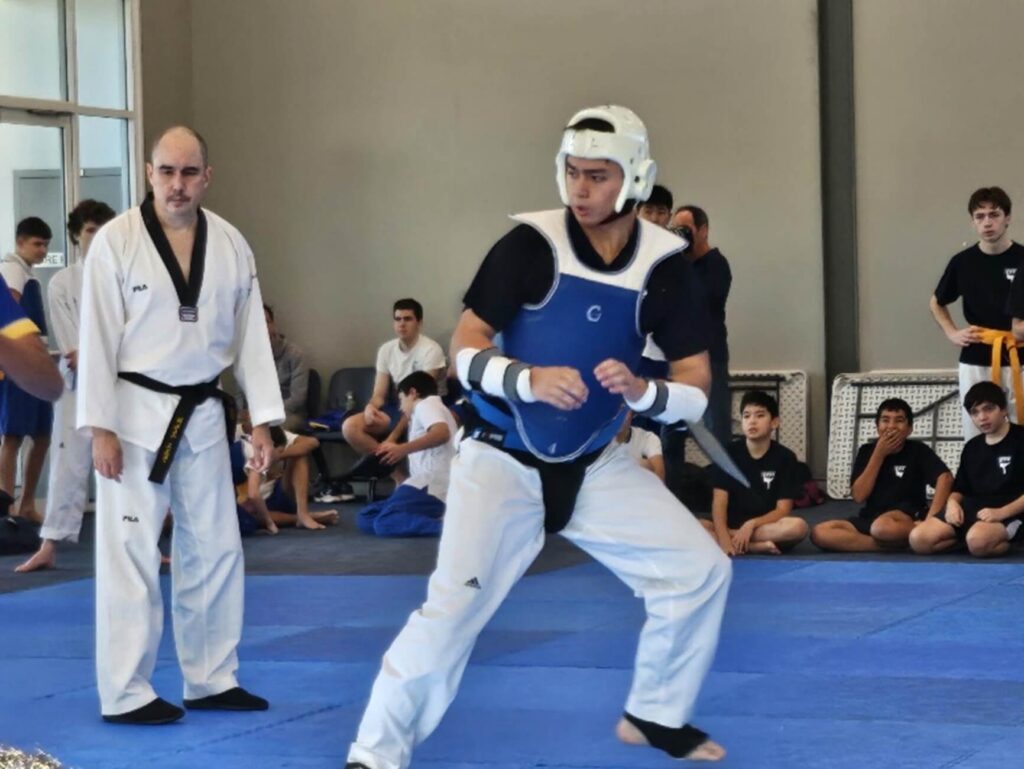Message from the Headmaster
‘Of making many books there is no end, and much study wearies the body’
Ecclesiastes 12:12b
The HSC and the ATAR – a delicate dance or a collision?
Dear Parents and Carers,
The HSC was introduced in the Wyndham Scheme in 1962, with the first examinations at the end of Year 12 occurring at the end of the first ever sixth year of High School (High School had been ending at Year 11, or fifth form as it was called, with the previous Leaving Certificate) in 1967. I was one of the very early Wyndham Scheme Year 12 graduates. At that time, Australian prosperity relied on farming (extensively wheat and sheep, and dairy and beef cattle) and a strong manufacturing base. The factory system, while it had machines, was not automated as we understand it in 2025. Even from selective schools, most students left at the end of Year 9, with the Intermediate Certificate, to go into apprenticeships, or factory or office work. Approximately 3 percent of those who began Year 7 proceeded to university.
It is obvious that nearly 60 years later, we have a very different education environment. Nearly all Shore students aim at university. They need to be agile for the knowledge economy. Apart from the residual proportion of the economy comprised by farming, the majority of enterprises are based on providing services (health, education, finance, insurance, superannuation…).
Our schooling system in the main is aimed at graduating students who will proceed to tertiary level. The curriculum is, in that sense, academic. While there are Vocational Education opportunities, which are possible within the HSC in a school or in cooperation with TAFE Colleges, the interest in these at Shore is very low.
As schools in one sense provide a service to universities (knowledge and skills preparation, providing the basis of university sorting into different degrees) there is an ongoing debate as to how appropriate that actually is. By 2025, in the minds of students and parents, the ATAR (Australian Tertiary Admissions Rank) is the goal, a single digit which sums up 13 years of School education.
There are real dangers in this reductionism. One unfortunate consequence is that often actual HSC results are not valued for their own sake. This is regrettable, as they are a better guide of degree of mastery in a subject than collapsing all of these results into a single number, the ATAR. HSC results express student achievement and reflect the value of learning in and of itself, rather than as instrumental or utilitarian. Shore desires to graduate students who are learned, who love learning, and who have acquired wisdom through study of the best material across a range of fields. These fields, or subjects as we call them, have stood the test of time (even though they have acquired new and different names and iterations) as worthy of the focus of a person who seeks to be fully educated. The purpose of schooling is far broader therefore than simply to produce cogs for the economy.
There are other reasons as to why the ATAR is often over-hyped. The reality is that only a minority of students who enter university do so through their ATAR alone. In many universities, early offers are made before the ATAR is available, on the basis of Trial HSC results or even from Year 11 yearly examination results. This is a reflection of universities attempting to gazump one another (“the early bird catches the worm”) to gain students in the constant quest for filling up their courses and hence attracting enhanced Government funding (such as it is!). In fact, the ANU operates exclusively now through early offers.
Other courses in various universities admit on the basis of ATAR+, that is, as well as the ATAR, they consider a student portfolio as they seek a rounded individual, and/or they interview prospective students. Others enter as mature age students (a classification which is possible as soon as one year out of school).
None of this narrative is designed to encourage students to “ease off the pedal” and not pursue the best possible ATAR with commitment and effort. ATAR entry is the single largest way of proceeding to university and hence should require full focus.
There is some discussion as to why schools do the work of universities for them, that is, providing virtual entry examinations (the HSC and its scaling to an ATAR). This arguably distorts the curriculum, as teachers, seeking to maximise results for students, teach to the test. Other countries do well at separating senior school from university entry. In such countries, universities conduct their own entry mechanisms, whether by separate examination, portfolio or interview. These issues are difficult to resolve, not least because of Australian federalism. The HSC is controlled by NESA (New South Wales Education Standards Authority), which is in the state jurisdiction. Furthermore, it is our local, state-based interpretation of the Australian curriculum. Other states interpret the Australian curriculum differently (for instance, the Victorian Certificate of Education or VCE). However, in New South Wales, the ATAR is a product of UAC (University Admissions Centre), which operates in the Commonwealth jurisdiction. To complicate matters further, various states and territories use a different process to convert from the end of their Senior School Certificate to an ATAR.
A further recent development has been the Shergold Report into the NESA curriculum, where Professor Shergold recommended a closer relationship between academic and vocational courses in schools, where each would have parity. This was proceeded by the Masters Report, where Professor Masters argued that the New South Wales curriculum presented breadth at the expense of depth. Frankly, most reports commissioned by Government end up collecting dust on the shelf. It is very difficult to effect comprehensive change within a huge educational system (in the USA and England, there is more local control).
The plight of the current Year 12 student across the state is to fulfill all Assessment Task requirements in each subject; be thoroughly prepared for written and/or performance examinations; hope to do well in the artificially constructed performance field of Band 6 results (above 90 percent); have an eye on how all of this might perhaps scale to an ATAR as an entry ticket to university; be aware of university application deadlines; somehow, with no tertiary experience, try to ascertain which universities and courses may be of interest amongst the huge smorgasbord of offers; try to fit in time amidst a study regime to visit multiple university Open Days; keep their personal portfolio up to date if this will be relevant for tertiary entry; audition if the goal is in a performing arts domain; and be nimble after ATARs are announced and before adjustments to university offers close. Amidst all of this, is the sometimes-heady cocktail of turning 18, with the access that provides as legally an adult; considering moving out of home, perhaps to a university college; acquiring a part time job to pay expenses and acquiring “wheels”. All of these considerations have to be maintained in their time around a rigorous regime of study, while also allowing time for leisure and maintenance of friendship groups. As the writer of Ecclesiastes said, “Of making many books there is no end, and much study wearies the body”. Ecclesiastes 12:12b. The fact that so many students handle this complexity with aplomb is a source of wonder and celebration.
While there are voices to simplify the system or change it radically, the likelihood of dramatic change quickly is low. Whole systems are much like ocean liners – while the wheel may be turned in the wheelhouse, it takes the vessel a long time to respond by turning onto a new course.
It was wonderful to see our First XV Rugby come from behind to win their game last Saturday. This showed real persistence and courage. Unfortunately, Angus Archer of Year 12 suffered a serious injury. He is in hospital but up and about. His parents greatly appreciate the many expressions of concern and best wishes from students and staff.
Regards
Dr John Collier
Headmaster






